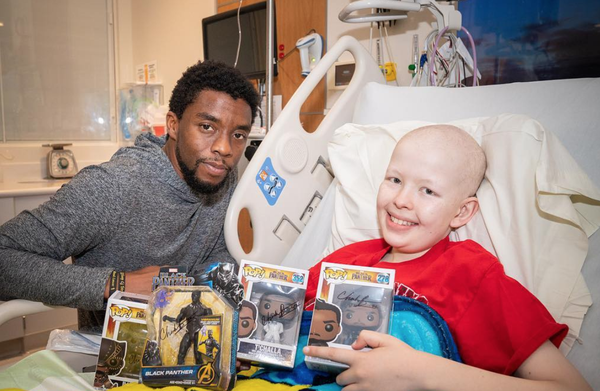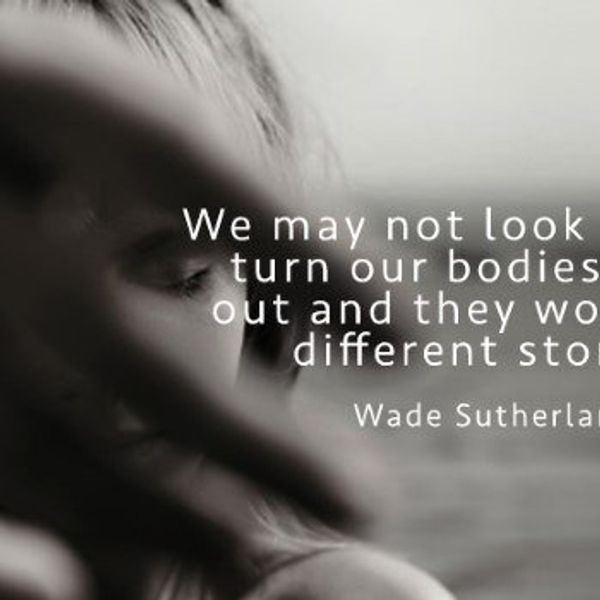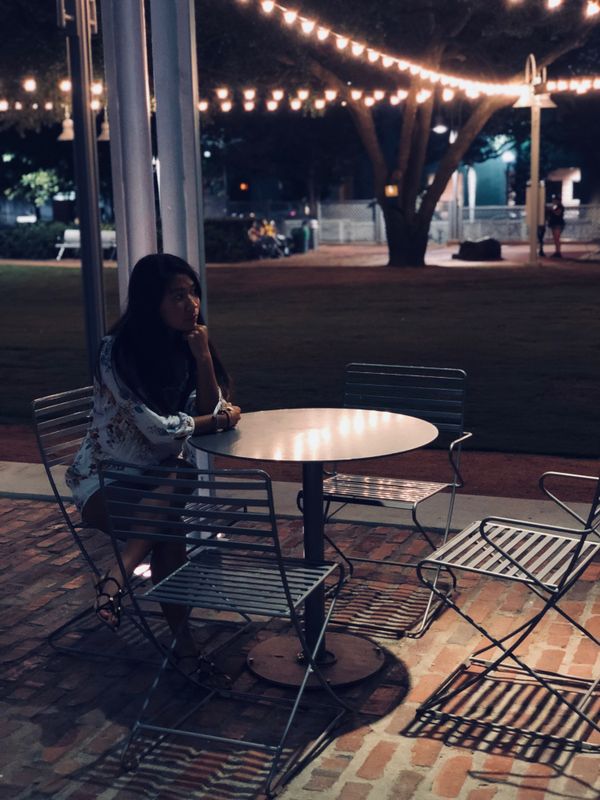December 1st through 7th marks the fifth annual Crohns and Colitis awareness week.
Crohns Disease and Ulcerative Colitis are inflammatory bowel diseases that attack the gastrointestinal tract. While Ulcerative Colitis attacks the colon, Crohns disease can attack any part of the GI system. Basically what this means for someone who has one or both of the diseases is that we cannot digest many foods the same way other people can. The lining of whatever part of the GI tract is affected does not absorb nutrients and fluids the way that it should, and many symptoms involved with one of these diseases include abdominal pain, cramping, diarrhea, loss of appetite, weight loss, and more. Many times, Crohns and Colitis patients will not even exhibit symptoms and may appear to be healthy, especially if they are in remission. The disease will never fully go away, although some patients will not exhibit symptoms at all, and others will be fighting daily battles.
October 2010 is when my battle began. I was an otherwise normal and healthy fourteen-year-old girl who had just started high school. I vividly remember being in Spanish class first thing in the morning and feeling cramping in my stomach. Almost every day I found myself sitting in the nurse’s office waiting to be picked up from school by my mom. After about a week of trying to stay in school, I finally couldn’t go anymore. My mom began scheduling doctor’s appointments to try to figure out what was going on. I was out of school for three weeks when my primary doctor had finally suggested seeing a gastroenterologist (a doctor that specializes in GI problems). I wasn’t holding down any food I ate and my appetite was completely gone. I had seen my GI doctor maybe two more times following the first, and the last time I had seen him he had told me that I needed to go to the hospital because I was so dehydrated and losing weight fast. That Saturday morning my mom drove us home from the doctor’s office, packed our bags, and drove an hour down to Mass General Hospital where my GI doctor worked. I was quickly brought into the ER and placed on an IV drip and had many nurses around me concerned about my blood pressure and other vitals. My weight had gone from about 150 lbs in the beginning of October to 128 lbs in the beginning of November.
After they took as much blood from me as possible to run blood work, I was brought up to the eighteenth floor (pediatrics) of Mass Gen hospital, where I stayed for four nights and five days. I believe it was on the second day in the hospital that my GI doctor had told me they would need to both an endoscopy and colonoscopy. I dreaded hearing those words, because usually colonoscopies are not performed until you are MUCH older, and they are not fun, trust me. After the two procedures were complete, I was brought back to my room where the doctor had told me that I either had Crohns disease or Ulcerative Colitis, both of which were possible because they run in both sides of my family. Fun fact: Ulcerative Colitis also is more prominent in women of European Jewish decent (that’s exactly what I am). Fast forward to more tests and we finally were told that my diagnosis was Ulcerative Colitis.
After my diagnosis and release from the hospital I had to go and get more blood work done because I was severely anemic, needed medication to keep my disease under control, and needed teaching about what I could expect. That was six years ago. To this day, my disease tends to be in remission, but I do have flare-ups every once in a while. People with Ulcerative Colitis are informed that eating corn, seeds, and nuts may start a flare-up, as we cannot digest those foods.
I hid my disease for so long. Everybody at school wondered what happened to me and I never directly told them my diagnosis; I always found myself changing the subject. I used to be very selective with the people that I told because I was afraid of being judged. Why should I have been afraid to be judged for something that is out of my control? Ulcerative Colitis and Crohns Disease are both genetic conditions. Why should I hide something that is so important to me? I don’t enjoy having the disease, but I can’t change the fact that I have it.
The Crohns and Colitis foundation is raising awareness this year using the hashtag #IBDVisible to show that people like you and me may be dealing with a disease that is not visible to the human eye. There is no cure for Ulcerative Colitis or Crohns Disease, meaning it is a disease that people live with for their entire lives. If you or someone you know has one of these diseases, support them. Don’t allow them to be afraid to admit their disease like I was.





















